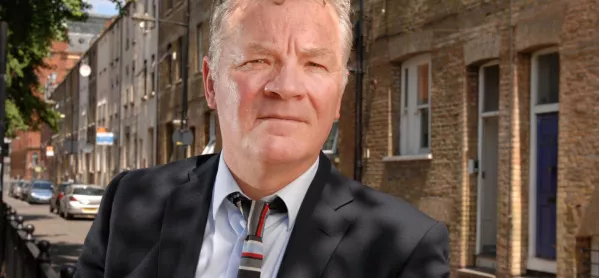The government’s multi-million-pound support for young children who have faced Covid-19 disruption is “not sufficient”, the education recovery tsar said.
When asked whether £18 million of catch-up funding was enough to support children in the early years across England, Sir Kevan Collins, the government’s new education recovery commissioner, said: “No, it is not sufficient.
Read: Covid catch-up plan: summer schools and more tutoring
Exclusive: Covid catch-up needs more cash, says Collins
Coronavirus: Catch-up tsar wants teachers to increase learning time
“I think the whole package isn’t sufficient. I think it’s a good start but this is not the recovery plan.”
When asked whether extending the school day could help in the future, Sir Kevan told the Commons Education Select Committee: “I tend to think that right now is not a time for either/or.
“It’s a time for all things being considered, all things being available.”
Covid catch-up plan ‘is half-measures’
Last week, Britain’s biggest teaching union accused the government of taking “half-measures” when it came to helping disadvantaged pupils to catch up after learning loss during the pandemic.
The “recovery premium”, worth £302 million, is aimed at boosting the pupil premium, amounting to around £6,000 for every primary school and £22,000 for every secondary school.
But the NEU teaching union said this would not provide support to all of the 1.3 million students eligible for free school meals.
Joint general secretary Mary Bousted said: “The NEU and the Sutton Trust have recommended to government that £750 million is needed as the first immediate boost to pupil premium. Instead, £302 million has been announced.
“The number of children and families in poverty is rising, so more students will need immediate support via schools and colleges. This challenge is too significant to be met with half-measures.”




